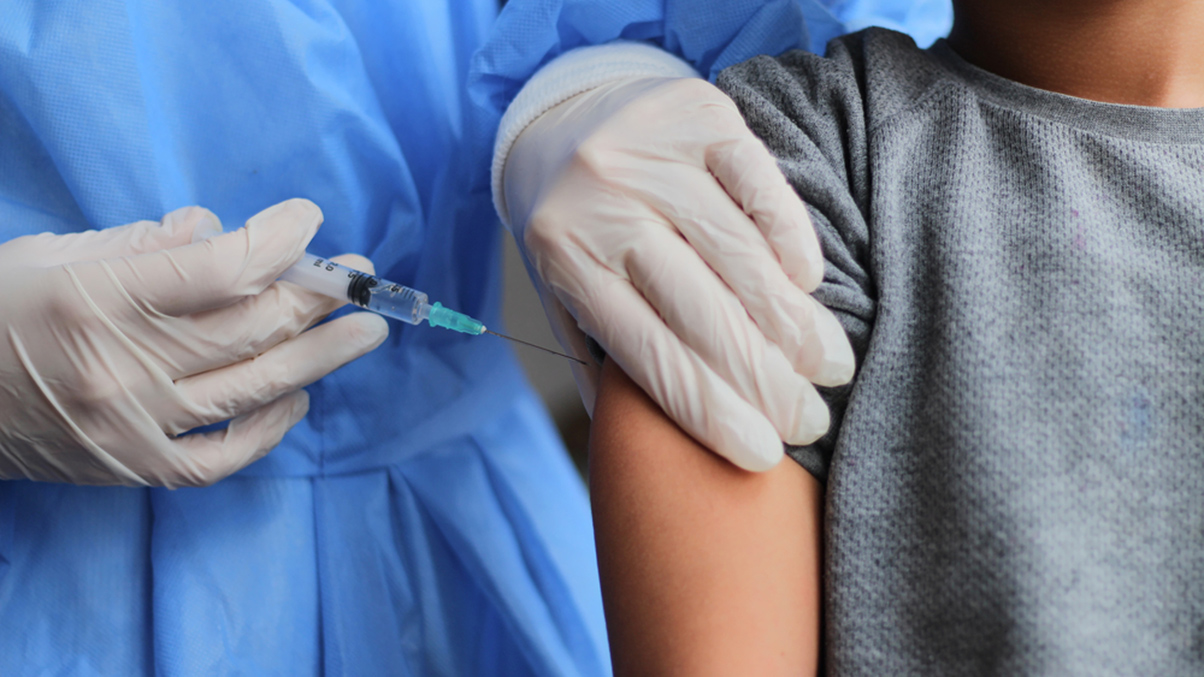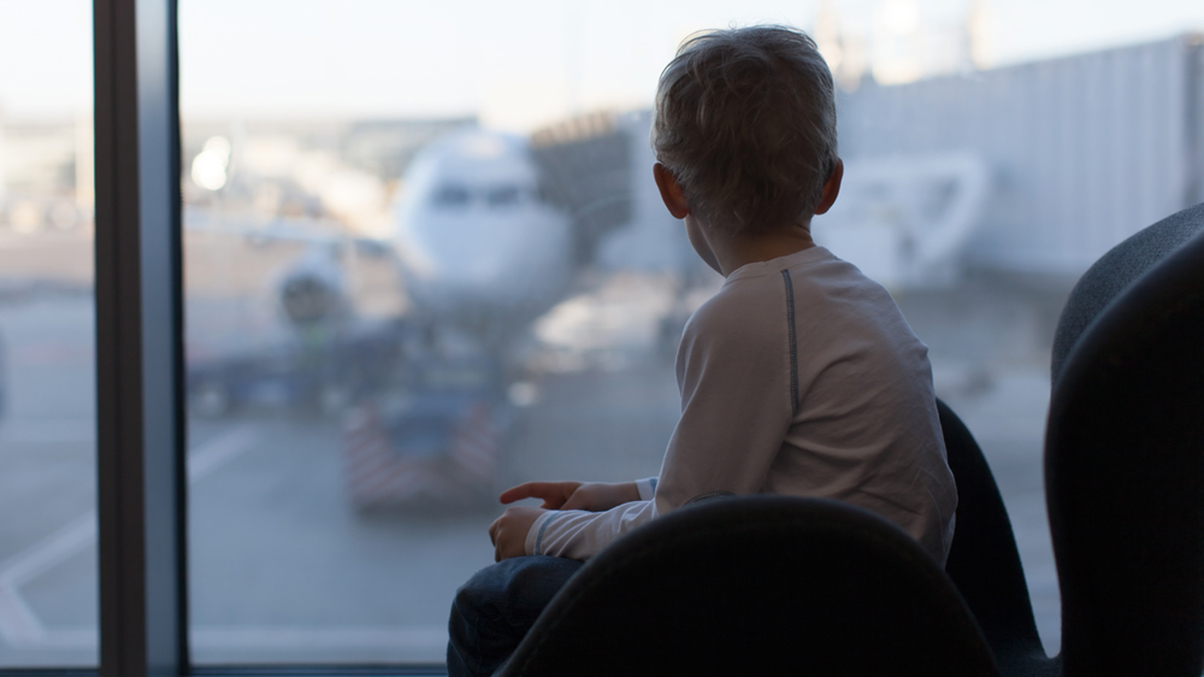The Covid-19 vaccination is currently being offered to all children aged five or over (on or before 31 August 2022) and to those who turned five on or after 1 September 2022 in some circumstances.
In April 2022, associate Lydia Fowler explored the question, “Can a parent force a child to receive the Covid-19 vaccine against the other parent’s wishes?” Senior associates Rosie Stewart, Trevona Hettiarachchi and knowledge lawyer Carla Ditz revisit this issue in light of the recent case of Permission to Arrange Covid-19 Vaccination [2022] EWFC 112.
In this case, the Family Court allowed the father’s application for an order that permitted him to arrange the Covid-19 vaccination for his two daughters, aged between eight and 10, despite the mother’s objections.
The issue of certain childhood vaccinations and, more recently, the rolling out of the Covid-19 vaccination to children is not necessarily something on which parents will see eye to eye. This can be particularly difficult to manage when parents are separated and the co-parenting relationship may already be strained.
Background
In the case of Permission to Arrange Covid-19 Vaccination, the parents had separated in 2019 but remained living together with their two daughters throughout lockdown until late 2020. Sadly, the children were exposed to the deterioration of their parent’s relationship while the family continued to live under the same roof. The children suffered emotionally as a result.
On 14 July 2022, the matter came before the court, and several issues relating to the children were determined. One issue in dispute and on which the parents were described as being “diametrically opposed” concerned childhood vaccinations, which the father supported. The mother objected based on scepticism and mistrust as to the effectiveness and/or necessity of certain vaccinations. Also, her view was that the children (aged between eight and 10) should be consulted and their agreement sought before arrangements were made that affected them.
The parents had previously agreed at a hearing in October 2021 that the children would be vaccinated with all vaccinations listed in the NHS “catch-up schedule”, subject to three conditions:
- That the father would take the girls for all their vaccinations,
- The vaccines would be spaced apart, and
- The girls would not be vaccinated if they were unwell.
The court was also concerned with whether an order should be made that the daughters have the HPV vaccine, 3-in-1 teenage booster and annual flu vaccines. The Covid-19 vaccination was not available at the time for children their age. An order was made that dealt with these vaccination issues (save for the Covid-19 vaccination). This stated that the father was to be responsible for arranging the vaccinations and ensuring the children were taken to their GP for scheduled immunisations (unless provided at school).
The issue of the Covid-19 vaccination came before the court at a hearing on 25 July 2022 on the father’s application.
In support of his application, the father relied on the published guidance from government and public bodies charged with implementing policy on children’s health. He considered there was a positive health benefit to the children in receiving the vaccination and that there were no major concerns about the safety of the vaccination for healthy children aged five to 11 (and any risks relating to the vaccination were low).
The mother objected to the vaccination on the basis that it was a novel treatment, there was no positive benefit to the girls and the risks, albeit statistically unlikely, were serious should they arise. Ultimately, she felt it was not in the children’s best interests for them to be vaccinated.
The law
When parents cannot agree on an important decision relating to a child, either parent may apply to the court to determine the issue. Hopefully, such a step will only be taken once the parties have exhausted alternative means to resolve disputes outside the court. It is, however, understood that such routes do not always result in a resolution despite best efforts. At times, there is no option but for the court to step in, exercising its jurisdiction under the Children Act 1989. At the heart of any such application, the child’s best interests are the court’s paramount consideration, and it will have regard to the matters set out in the welfare checklist (discussed further in this article).
The decision
The father succeeded in his application, and the mother’s case was declared “quite simply a hopeless case”.
The court had to grapple with the fact that the government had declared the Covid-19 vaccination safe for children (based on scientific evidence) and a parent who had her misgivings about the vaccination that could not be sufficiently substantiated or justified.
The court noted that it was relevant that neither child had an unusual medical history and there were “no well-evidenced medical contraindicators” to the Covid-19 vaccination specific to either of them. Based on the current science and applicable law, the judge concluded it was in the children’s best interests to receive the Covid-19 vaccination.
Comment
The approach of the Family Court in this latest judgment is clear cut. This case demonstrates that the court will follow government guidance and endorse the Covid-19 vaccination in the absence of the child suffering from a medical condition that would make it unadvisable to have it.
Senior associate Rosie Stewart comments: “As this case demonstrates, it is not always possible for parental disputes to be resolved outside the court process. However, it is in children’s best interests for matters relating to their care to be agreed by parents, whether directly or with the help of a specialist family mediator, rather than determined by a judge. This approach, if achievable, shields the children and the family from the financial and emotional cost of litigated court proceedings.”
The Divorce and Family Law Podcast
Season Two of the Stewarts Divorce and Family Podcast is underway, with the ten-episode season concluding in 2023.
You can find further information regarding our expertise, experience and team on our Divorce and Family pages.
If you require assistance from our team, please contact us.
Subscribe – In order to receive our news straight to your inbox, subscribe here. Our newsletters are sent no more than once a month.








